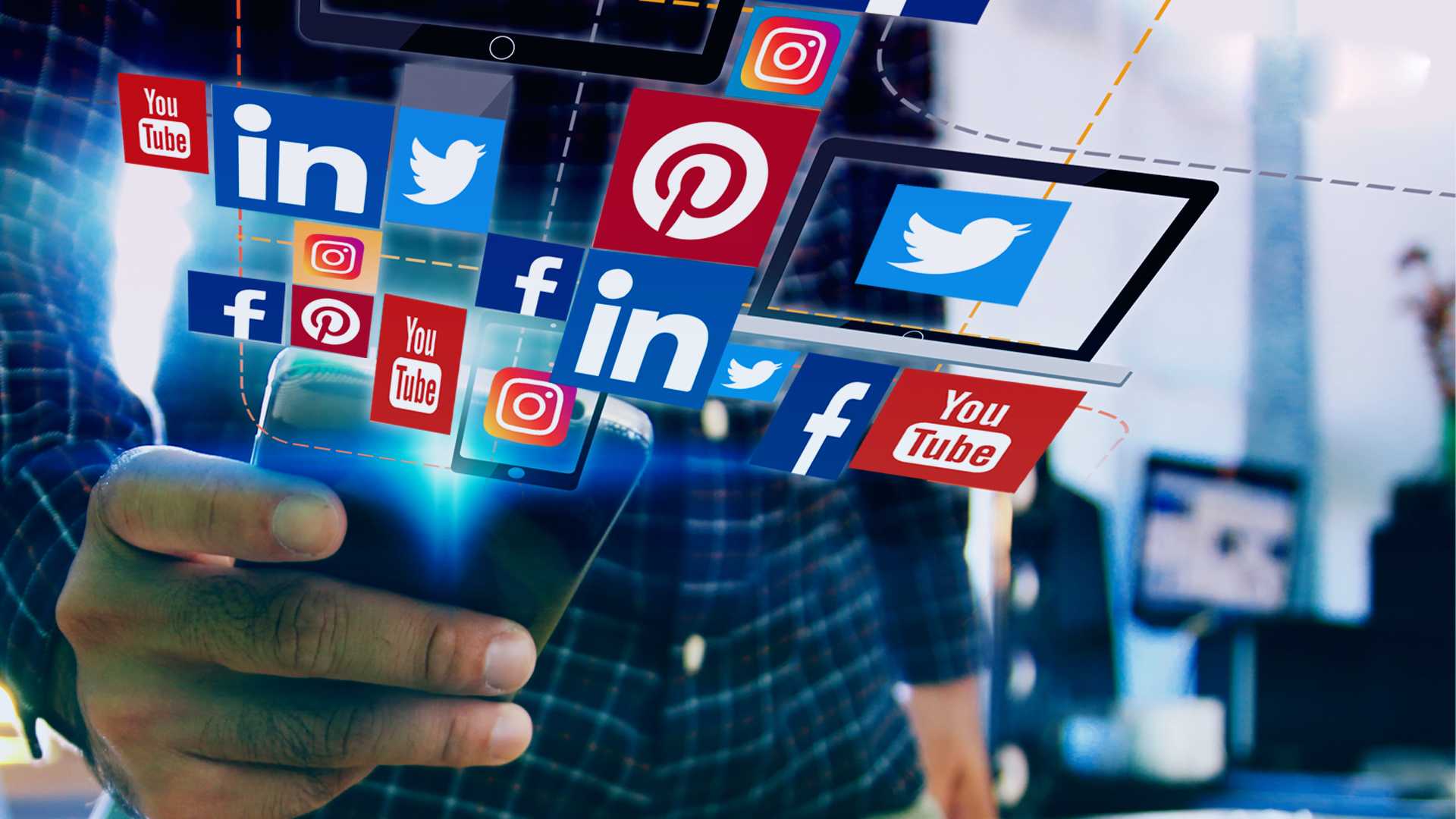The power of social media for positive change
In today’s digital age, social media has transformed the communication landscape, especially in public relations. With its vast reach, it wields immense power to shape opinions, spread information, and foster connections. However, with this power comes responsibility. In Nigeria, where misinformation and hate speech can spiral out of control, the ethical use of social media […]

In today’s digital age, social media has transformed the communication landscape, especially in public relations. With its vast reach, it wields immense power to shape opinions, spread information, and foster connections. However, with this power comes responsibility. In Nigeria, where misinformation and hate speech can spiral out of control, the ethical use of social media is more crucial than ever.
While fake news can sow discord, responsible usage presents an opportunity to combat misinformation and promote peace. Social media has fundamentally reshaped how we interact and communicate, affecting public relations profoundly. It provides an unmatched platform for organisations and individuals to engage with stakeholders, build relationships, and promote their values.
However, the rapid spread of false information has heightened the need for media literacy to prevent further societal divisions, distrust, and even violence. Nigeria has experienced the dangers of fake news firsthand. Misinformation has often escalated tensions between communities, leading to widespread calls for greater regulations and accountability on these platforms.
To address this, various approaches have emerged, including fact-checking and media literacy initiatives aimed at educating users on how to discern false information. Nigeria stands at a pivotal point in the development of its public relations landscape. As the country grapples with misinformation and division, the ethical use of social media becomes increasingly urgent. Public relations practitioners must lead the charge in promoting responsible use by taking proactive measures to fact-check information and engage transparently with the public.
In recent years, successful examples have demonstrated what is possible when social media is harnessed for good. The Nigerian Army, for instance, launched a social media campaign to counter Boko Haram propaganda. By utilising platforms like Twitter and Facebook, they shared accurate information, dispelling rumors and improving the public’s understanding of the conflict.
Similarly, nonprofit organisations like the Institute of Peace and Conflict Resolution have used social media to promote peacebuilding efforts. These organisations share stories of Nigerians from different backgrounds coming together to foster peace and reconciliation, breaking down barriers and encouraging a more inclusive society. However, challenges persist. Nigeria’s vast diversity—whether in language, culture, or access to technology—makes it difficult to engage all communities effectively. Yet, by investing in digital literacy programs and promoting responsible use, the country can work toward a more informed and unified society.
Public relations efforts can significantly improve Nigeria’s image by leveraging social media. Here are some key strategies:
- *Live Streaming* Live streaming is a powerful way to connect with people in real time. For instance, during events like Democracy Day or football matches, platforms like Facebook or Instagram can bring Nigerians closer to the action. Imagine the Minister of Youth and Sports live-streaming during a Super Eagles match and engaging with fans. This fosters trust, credibility, and a sense of inclusion.
- *User-Generated Content* During the #JollofWars trend, Nigerians showcased their culinary talents, promoting the nation’s culture globally. Similarly, the #EndSARS protests spotlighted real issues through personal stories. Encouraging people to share their experiences is a powerful way to build community. A campaign that encourages Nigerians at home and abroad to share their “Proudly Naija” moments could reshape global perceptions of the country.
- *Influencer marketing* Nigeria has a wealth of influencers, from musicians to comedians with massive followings. Partnering with influencers for health campaigns, such as promoting the fight against malaria or clean energy use, could amplify the message. Influencers speak directly to their followers, and their endorsement can help campaigns go viral.
- *Analytics and Metrics* Monitoring public response to social media initiatives is vital. For example, Lagos State’s “Cleaner Lagos” campaign could benefit from analysing engagement on platforms like Twitter. This would provide insights into public sentiment and help guide future strategies, ensuring that campaigns meet their goals.
- *Responsiveness* People appreciate being heard, and social media offers a platform for real-time responses. During voter registration, the Independent National Electoral Commission (INEC) gained credibility by promptly addressing inquiries on Twitter. Likewise, if a bank quickly responds to a customer’s tweet, it builds trust. A prompt response shows that institutions listen and care about their audience.
In conclusion, social media holds tremendous potential for driving positive change in Nigeria. By embracing live streaming, user-generated content, and influencer marketing, the country can engage with audiences more effectively and foster national pride. However, this must be done responsibly and ethically to avoid the pitfalls of misinformation and hate speech. Investing in media literacy and tracking campaign effectiveness through analytics will be critical steps in ensuring that social media becomes a tool for building a more informed, connected, and peaceful Nigerian society.
Omolu is a fellow of PRNigeria
